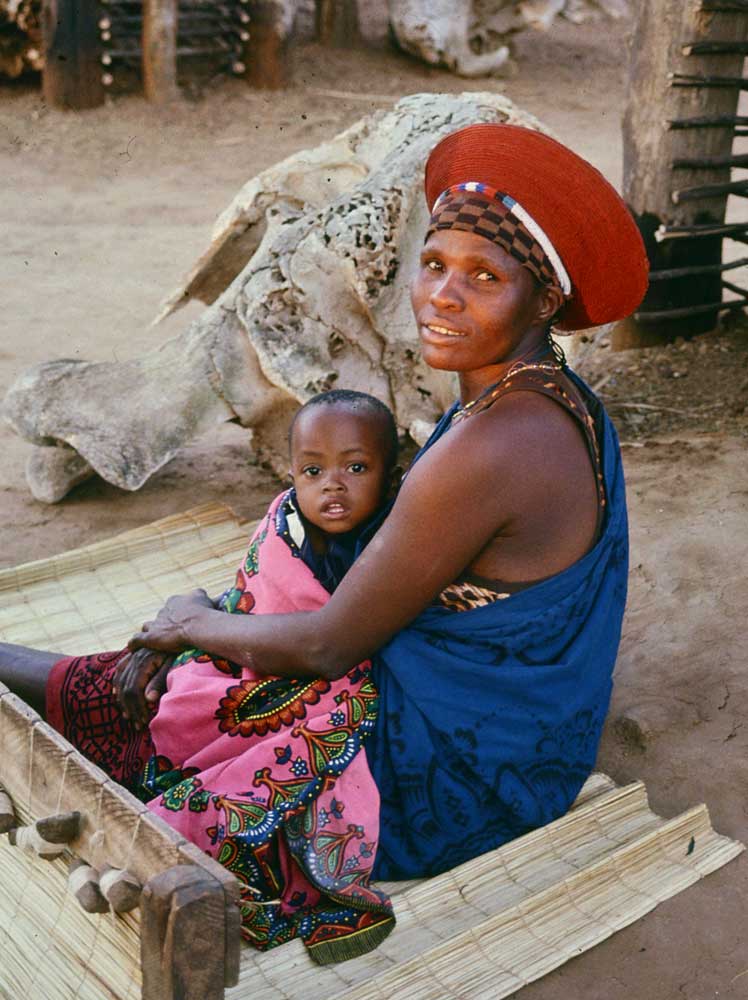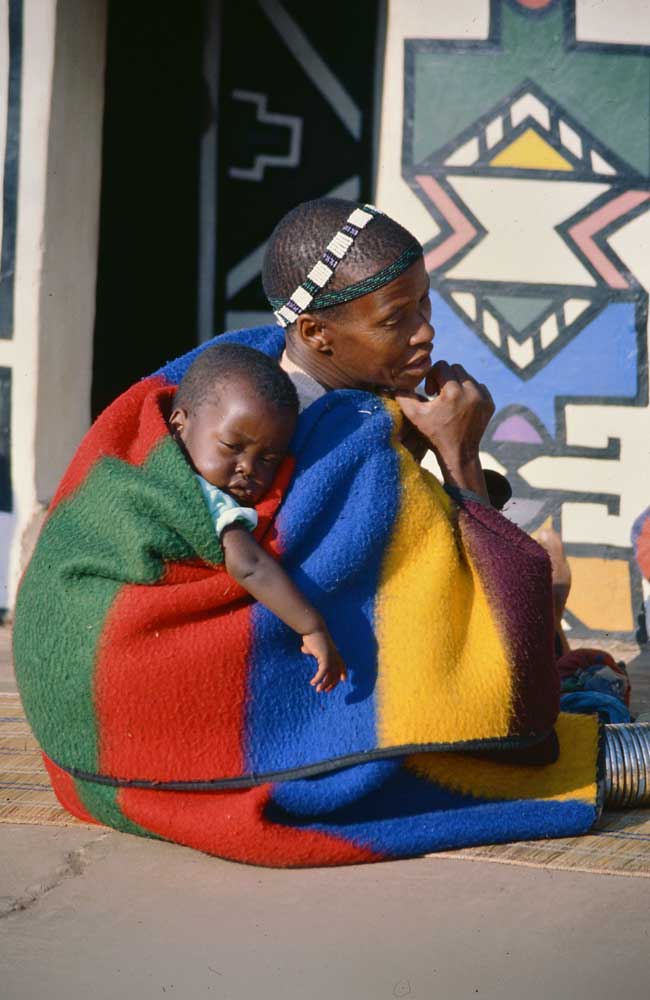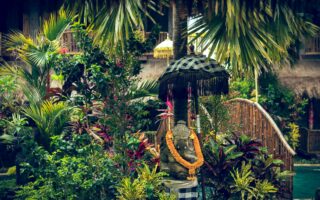The african rainbow has a new color
INDABA
The encounter with African culture changed the lives of those Europeans who, through personal experience, without prejudice and the deep-rooted fear associated with it, embraced the encounter with Africa’s „spirit world“. The prerequisites for this are the right time. The right place and the right attunement to the rhythm of this mother continent. Which led to the formation of the theories necessary for the development of consciousness, which was essentially oriented towards the formation of symbols.
At the end of the 19th century, six European countries and their rulers, as well as one individual (Cecil Rhodes) divided the entire continent among themselves within a few decades. They turned its „wild“ peoples into subjects without rights. The trauma of an entire continent, whose social and economic orders were destroyed. Of a religion, which was almost missionized to death, would have robbed any other continent of its soul. But not Africa.
The body may have fallen like a hill of stones. But the spirit lives forever and ever (North-Sotho).
Nothing is more magical than the voice of African „storytellers“, their face reflecting a halo of dancing flames as they speak the ancient words handed down over thousands of years: „INDABA!“ (Come together and listen).

»The African suffers, struggles, rebels, seeks new ways, but he has no neurosis.«
Turning psychological forces against people and nature is the greatest crime of all in Black Africa.
This also applies to the written and especially the spoken word. This is why Africans prefer to listen rather than to talk. What is true of the dreaded black magician of myths, is also true of the use of a powerful intellect. An intellect that emphasizes exclusively intellectual logic and the analytical, causalistic attitude of the mind. Whether consciously or unconsciously, „He who has blood on his hands cannot walk far.“ (North-Sotho)
The agreement with the African way of thinking, which surprises Europeans, is based on Africa’s primal symbolism. And because every language is the final result of a process of symbolisation, the Bantu languages of black Africa provide information about the philosophy of being that underlies their history.
The word Bantu, which is frowned upon today, means „the people“. The essential difference with Indo-European languages is that grammatical gender does not separate nouns into masculine, feminine and neuter, but divides according to species into four „categories of being“: 1. munto: human being; 2. kintu: thing; 3. hantu: place and time, 4. kunto: modality.

THE LANGUAGE IN AFRICA
What is common to all, despite the confusing diversity of African tribal languages, is the word root N’tu. It occurs in every appearance or form of „to be“. It does not refer to the effect of being, not to being (our idea of being), but to the transcendent BEING itself (actually non-being as per Fu Hsi the zero at the beginning). The fact that N’tu never occurs alone, has the advantage that it cannot be worshipped. Although it is inherent in all manifestations, including time and space and the way of being or thinking (modality). Thus Bantu languages are an impressive testimony
»from one of the strongest transcendental early cultures on earth – here transcendence, dealing with the other world, is not a phrase but a reality«.
As the shadow of the „devourer of all things“ begins to cast over the world, Dxuie, the prototype of the Khoi-San’s life, realizes that something in him has gone wrong. He offers himself as a victim. As a consequence of the self-inflicted demise of the race that died, people choose to live in harmony with the rhythms of nature and the cosmos.
In man dwells not only a potential destroyer, but also a potential creator. A „great Munto“, a man in his entirety, who has ceased to experience opposites as contradictions. For this is what generates destructive power.
Nommo, the “magic power of the word“, life itself, is capable of transforming itself into that power that gives new life, both physical and spiritual.
About the author
 Christa Zettel, born in Vienna, is a journalist and author. Since spending several years in South Africa, she has devoted herself to myth research. In her books she draws attention to the great importance of myths for our time: www.christazettel.com
Christa Zettel, born in Vienna, is a journalist and author. Since spending several years in South Africa, she has devoted herself to myth research. In her books she draws attention to the great importance of myths for our time: www.christazettel.com
© all images: Christa Zettel
This article appeared originally in the German Issue of Tattva Viveka No. 82: Ein neuer Farbton schwingt sich auf den Regenbogen




